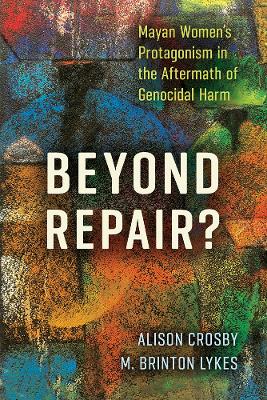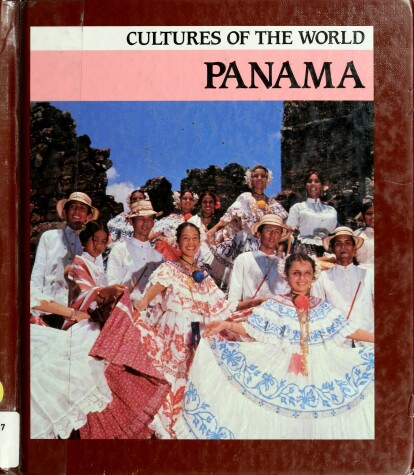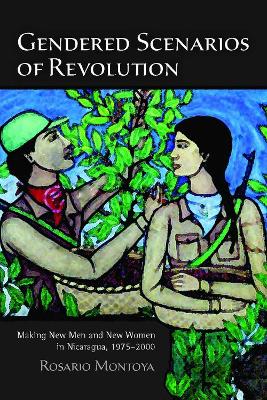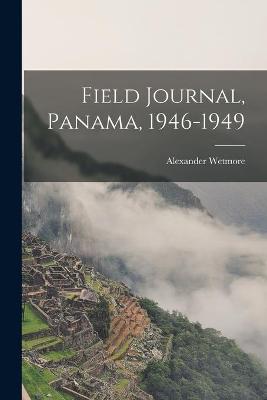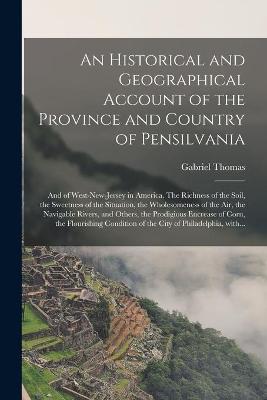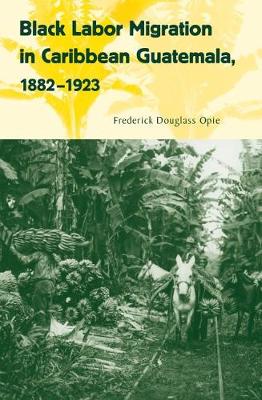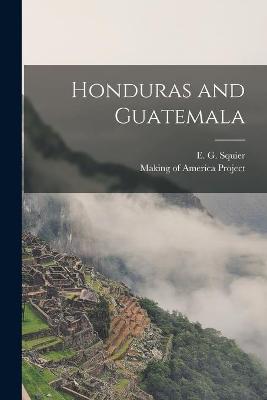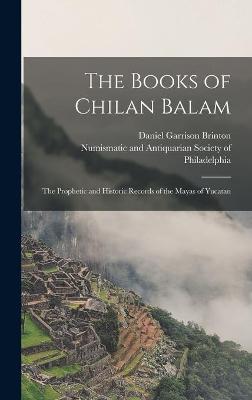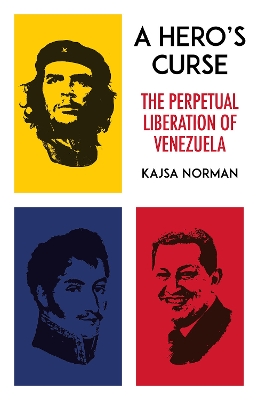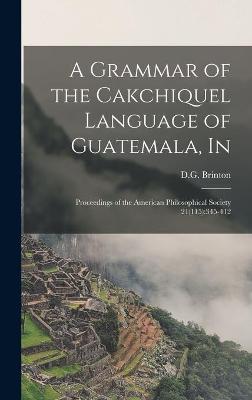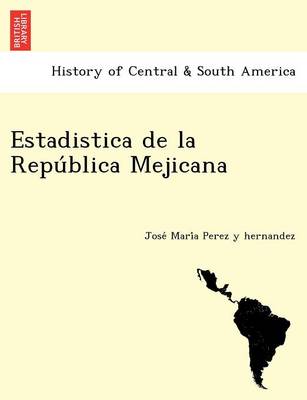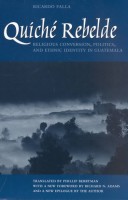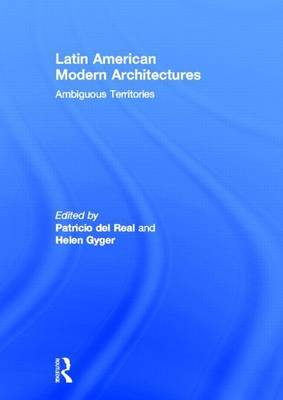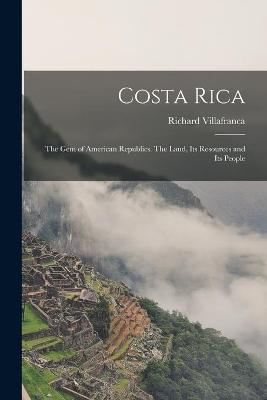John Lloyd Stephens (1805–1852) was an American politician, explorer and writer who is renowned for his pioneering research into the ancient Maya civilisation of Central America. In 1839 Stephens was appointed a Special Ambassador to the Federal Republic of Central America (modern Belize, Honduras, Nicaragua, Guatemala and El Salvador). First published in 1841, this two-volume work is an account of his travels in 1839 and 1840, visiting and recording ancient Mayan sites. Stephens describes Copán...
Looking at both population and land tenure dynamics in their historical context, this study challenges the view that the 1969 conflict between El Salvador and Honduras was primarily a response to population pressure. The author demonstrates that land scarcity, a principal cause of the war, was largely a product of the concentration of landholdings. The analysis focuses on the emigration of 300,000 Salvadoreans to Honduras in the years before the war, inquiring into the reasons for the emigration...
Using Costa Rica as a example, Longley carefully examines the development of the successful relationship between a nonindustrialized country and the United States, revealing the complex forces at work in resistance and accommodation. During World War II and the immediate postwar era, both the United States and Costa Rica experienced dramatic changes. The United States assumed world leadership and the accompanying responsibilities; Costa Rica encountered far-reaching difficulties that culminat...
AfterIn the wake of the US invasion of Nicaragua in 1912, the country came under the rule of the Somoza family, which imposed a brutal and corrupt military dictatorship. A low-scale insurgency of students, supported by peasants and other anti-Somoza elements of the society developed already in the 1960s. By the 1970s, the country became embroiled in a brutal insurgency. Supported by Cuba, a coalition of students, farmers, businessmen, clergy and a small group of Marxist launched a major war in 1...
The Prospects of Goldmining in Venezuela. [With a Plan.]
by William Greville Wears
Beyond Repair? (Genocide, Political Violence, Human Rights)
by Alison Crosby and M. Brinton Lykes
Beyond Repair? explores Mayan women's agency in the search for redress for harm suffered during the genocidal violence perpetrated by the Guatemalan state in the early 1980s at the height of the thirty-six-year armed conflict. The book draws on eight years of feminist participatory action research conducted with fifty-four Q'eqchi', Kaqchikel, Chuj, and Mam women who are seeking truth, justice, and reparation for the violence they experienced during the war, and the women's rights activists, law...
In 1979, toward the end of the Cold War era, Nicaragua\u00b4s Sandinista movement emerged on the world stage claiming to represent a new form of socialism. Gendered Scenarios of Revolution is a historical ethnography of Sandinista state formation from the perspective of El Tule-a peasant village that was itself thrust onto a national and international stage as a 'model' Sandinista community. This book follows the villagers\u00b4 story as they joined the Sandinista movement, performed revolution...
Black Labor Migration in Caribbean Guatemala, 1882-1923 (Working in the Americas)
by Frederick Douglass Opie
In the late nineteenth century, many Central American governments and countries sought to fill low-paying jobs and develop their economies by recruiting black American and West Indian labourers. Frederick Opie offers a revisionist interpretation of these workers, who were often depicted as simple victims with little, if any, enduring legacy. The Guatemalan government sought to build an extensive railroad system in the 1880s, and actively recruited foreign labour. For poor workers of Africa...
Chisalin (British Archaeological Reports International)
by John M Weeks
'A Hero's Curse' is the story of the modern Venezuelans whose lives have taken shape in the shadow of Simon Bolivar and his most passionate disciple, Comandante Hugo Chavez. For nearly two hundred years Venezuela's political leaders have evoked the legacy of their liberator, Bolivar, to stir popular support. While Bolivar's heroic struggle helped free a continent, his affinity for dictatorial rule spawned a vicious cycle of liberation and tyranny that has always haunted Venezuela. Since Chavez's...
Excavations at Kaminaljuyu, Guatemala
by A.V. Kidder, J. D. Jennings, and E. M. Shook
Between 1936 and 1942, Kidder, Jennings, and Shook, three archaeologists associated with the Carnegie Institution, excavated two temple substructures within the site of Kaminaljuyu. Their efforts constitute the earliest major research on this site. The initial work at Kaminaljuyu led to the establishment of a long consecutive chronological sequence for an area within the Guatemala highlands. Through this research our understanding of the chronological interrelationships of the various Classic c...
Les Secrets de La Civilisation Maya (Catalogue D'Exposition)
by Justin Jenning
Quiche Rebelde (Translations from Latin America Series, ILAS) (LLILAS Translations from Latin America)
by Ricardo Falla
Since the arrival of the Spanish in the sixteenth century, the Maya population of Guatemala has been forced to adapt to extraordinary challenges. Under colonial rule, the Indians had to adapt enough to satisfy the Spanish while resisting those changes not necessary for survival, applying their understanding of the world to the realities they confronted daily. Despite the major changes wrought in their way of life by centuries of submission, the Maya have managed to regenerate, and thus maintain,...
Latin American Modern Architectures: Ambiguous Territories has thirteen new essays from a range of distinguished architectural historians to help you understand the region's rich and varied architecture. It will also introduce you to major projects that have not been written about in English. A foreword by historian Kenneth Frampton sets the stage for essays on well-known architects, such as Lucio Costa and Felix Candela, which will show you unfamiliar aspects of their work, and for essays on th...

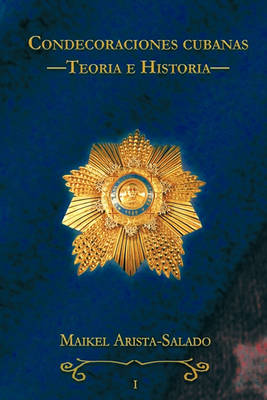

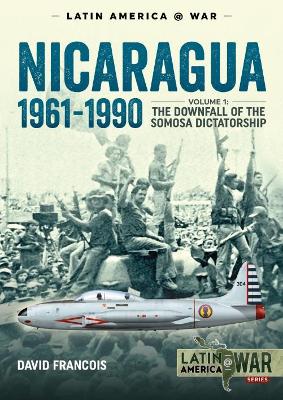
![Cover of The Prospects of Goldmining in Venezuela. [With a Plan.]](https://images.bookhype.com/covers/f1/45/91574f59-45fc-4d4e-a45e-acd67fcd541f/9781240907861-51d1b04e4c04999c0bd3c9.jpg)
